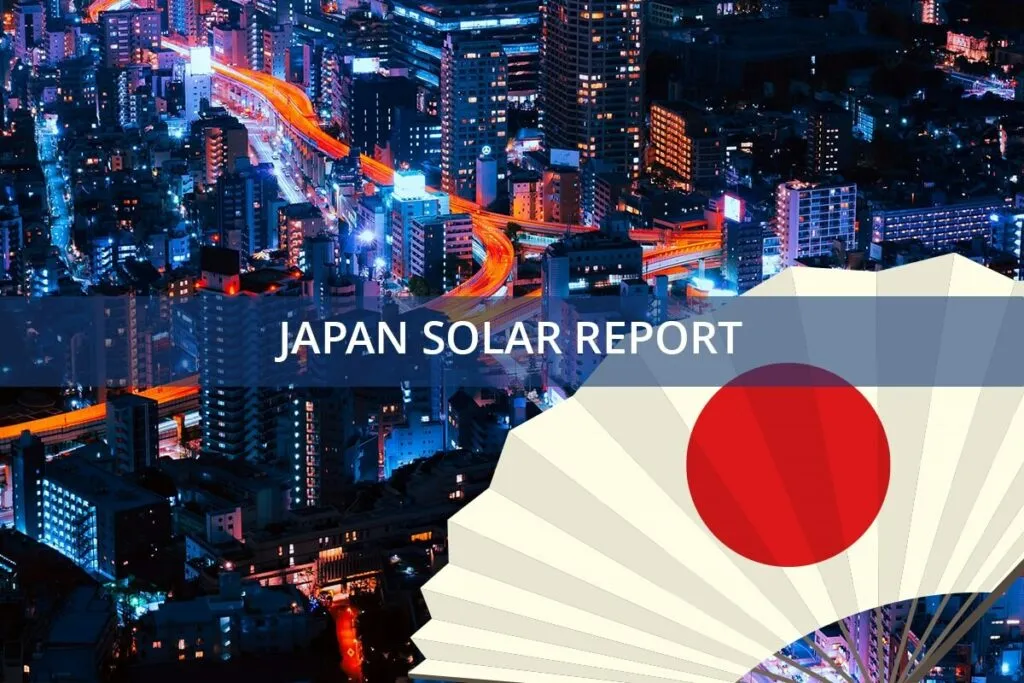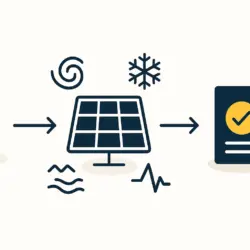Japan’s 2023 Solar Technology Roadmap: A Step Toward Carbon Neutrality
The New Energy and Industrial Technology Development Organization (NEDO) has unveiled an ambitious roadmap, the “Roadmap for the Development of Solar Energy Technology 2023,” designed to drive Japan toward its 2050 carbon neutrality goals. Aligned with the nation’s commitment to sustainability, this roadmap is set to revolutionize the solar energy sector, creating a favorable environment for anyone developing a solar business in Japan by focusing on two key objectives: improving solar cell efficiency and reducing module production costs.
Japan’s commitment to renewable energy is also reflected in its recent plans for a comprehensive solar panel recycling mandate. This initiative aims to tackle the expected influx of decommissioned panels by the mid-2030s, ensuring the solar industry’s growth is managed sustainably. For more details, you can explore Japan’s Solar Panel Recycling Mandate here.
Enhancing Efficiency and Reducing Costs in Japan’s Solar Strategy
The roadmap highlights that technological advancements in solar cell efficiency are crucial to lowering power generation costs. By optimizing these technologies, Japan aims to make solar energy a pivotal component of its renewable energy strategy and secure a stable, sustainable energy future.
Moreover, the roadmap addresses the economics of solar production. By lowering module manufacturing costs, Japan can make solar energy more affordable and accessible, paving the way for widespread adoption across the country.
Global Context and Initiatives Supporting Japan’s Solar Strategy
This initiative is part of a broader global trend of solar energy projects and collaborations. For instance, SolarBank Corporation is spearheading a 2.9 MW DC Silver Springs solar project in Gainesville, New York, demonstrating the growing importance of domestic manufacturing and local partnerships in the solar industry. The project highlights how community solar systems can deliver clean energy to local grids without requiring individual home installations—a model Japan could draw inspiration from as it expands its own solar infrastructure.
For a deeper look into Japan’s solar panel manufacturing landscape, including detailed market analysis, production statistics, and industry insights, this comprehensive report is available here.
Conclusion: Advancing Carbon Neutrality Through Japan’s Solar Strategy
The “Roadmap for the Development of Solar Energy Technology 2023” marks a significant step toward Japan’s ambitious carbon neutrality goals. By focusing on greater solar cell efficiency and lower production costs, Japan is setting the stage for solar energy to play a central role in its renewable future. As the nation continues to innovate and implement sustainable practices, it is not only poised to become a global model for renewable energy integration but also a key market for the solar industry.



